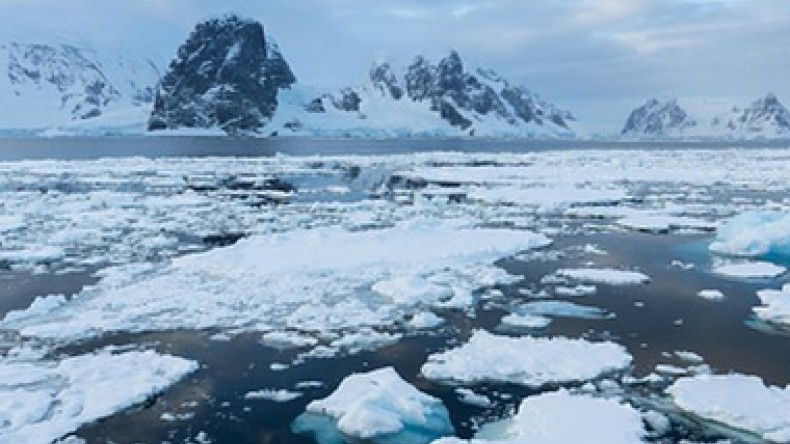
Ocean carbon release ended last Ice Age, study finds
Carbon dioxide escaping from the depths of the ocean heralded the end of the last Ice Age, a study suggests, the BBC reports.
Its release into the atmosphere drove the shift towards a warmer period, according to scientists at the University of Southampton.
The research, published in Nature, is based on analysing chemical signals in the shells of ancient plankton.
The world's oceans absorb about a third of the atmospheric carbon dioxide from burning fossil fuels.
Scientists predict that as the oceans warm, their ability to absorb atmospheric carbon dioxide will be reduced, potentially leading to faster global warming.
Dr Miguel Martinez-Boti, who co-led the study, said the findings showed that there was a link between very high concentrations of dissolved carbon dioxide in parts of the ocean and rises in atmospheric carbon dioxide at the end of the last Ice Age.
"This increases our understanding of the role of the ocean in the carbon cycle," he told BBC News.
"The ocean is a much bigger reservoir for carbon than the atmosphere, so how the ocean interacts with the atmosphere is very important."
The research is based on analysis of ancient marine organisms that lived on the surface of the oceans thousands of years ago.
Newsfeed
Videos






























